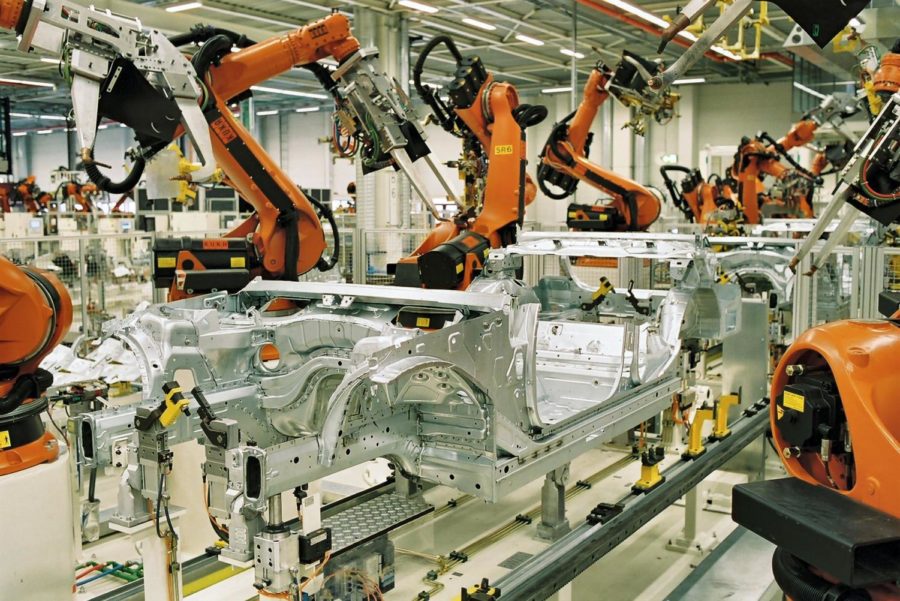Machines Are Becoming a Threat
Technology use in our world is increasing drastically, and it is beginning to take over the workplace.
Many people working in fields such as manufacturing, packaging and finance are seeing machines take over the work they rely on to make a living.
Mike Cox, a local manufacturer worker, states, “It is crazy how many machines are working in the industries these days. We as workers are beginning to worry if our jobs will still be ours if the increase continues.”
Peter Dizikes states that “each additional robot added in manufacturing replaced about 3.3 workers nationally, on average.”
Machines taking the workload of more than one worker decreases the amount of money that companies have to pay employees. Why would they hire more people and pay more money if they can replace these people easily with unpaid machines?
It’s important to understand that, without the presence of workers due to the pandemic, technology has become a reliable tool. This is a risk to workers as they may not come back to a source of work.
In an article published in 2020, Jack Kelly acknowledges that “millions of people have lost their jobs due to the effects of the Covid-19 pandemic, and now the machines will take away even more jobs from workers.”
The number of machines increased to replace workers when they could not come to work because of COVID.
But now, these workers may never see their jobs again. As the machines have proven themselves worthy and capable of doing these jobs, companies are consequently making more money since they do not have to be paid.
So, what can these men and women do?
In reality, competition with a machine is pretty unbeatable.
They work quicker than one person could on his or her own, and companies don’t pay them, which saves money. They also do not have to take breaks, leaves, or call in sick.
People’s jobs are at risk in the midst of a pandemic, and odds seem to be in the machines’ favor.
The men and women that are either already in the job force or pursuing it need an alternative route because of the risk they face with losing their jobs to machines.



